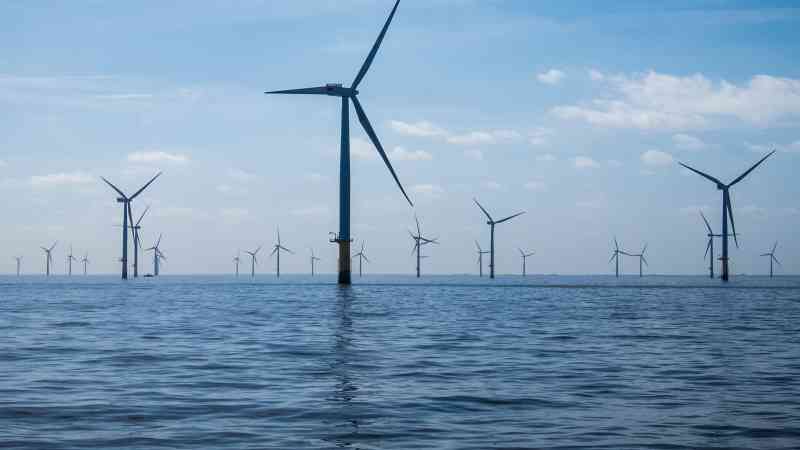Energy network upgrades to help Britain meet its net zero emissions target face “years of delays” because of flawed Ofgem proposals, SSE has warned.
The FTSE 100 group and other network companies are lobbying the regulator to rethink price controls proposed last month that they claim will jeopardise decarbonisation.
SSE believes the plans could delay crucial upgrades to Britain’s electricity transmission network, leaving it unable to cope with power from new offshore wind farms. Wind farms could have to be delayed from connecting to the grid, or paid not to operate.
It said Ofgem’s plans were “risking years of delays to connections and the critical investments required to alleviate current and future constraints”.
Network companies’ revenues come from levies on energy bills. Their investments and how much they charge consumers are regulated through price controls.
Ofgem has been under pressure to get tough on the companies after it was accused of allowing excess profits in this price control. Its proposals will halve their returns from 2021 and make them come back to argue for billions of pounds of work where it says it’s unclear whether or when the spending is needed.
SSE, Scottish Power and National Grid, which operate power transmission networks, have criticised the proposals. Network reinforcements for new wind farms have now emerged as a key battleground.
SSE argues that Ofgem is giving insufficient funding for pre-construction work such as planning, and that its process to approve funding the upgrades could take years, risking them not being ready when the wind farms are.
A senior industry source echoed SSE’s concerns. “Ofgem has moved work related to a number of renewables projects out of base cases of the three transmission companies and put them into the uncertainty mechanism. This means little or no funding to start pre-construction or design work. A number of these renewable projects have full planning consent, so it seems crazy that they are in an ‘uncertainty’ mechanism,” they said.
A spokesman for SSE’s networks business said: “The regulatory framework must have the agility and flexibility for investments to be approved at the pace required to meet net zero, with sufficient allowances to fund projects as well as critical pre-construction works required to develop the network.” It said it wanted to work with Ofgem “to secure an outcome that delivers, not delays, net zero.”
In an interview with The Times last month Jonathan Brearley, Ofgem’s boss, acknowledged “valid” concerns about how quickly it would agree funding and that “things sometimes have taken a long time to get through the system”. He said it was “committed to acting flexibly and quickly.”
An Ofgem spokeswoman said it was vital it could “robustly assess these large-scale investments on behalf of consumers” while enabling companies to do the necessary work to achieve net zero. She said the assessment process for funding was similar to in the current price control “where no projects have experienced delays”, and would be refined further.
